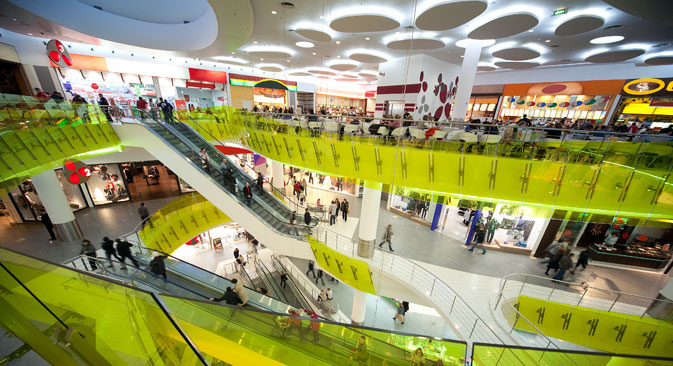
47% of Russians said that the recent terrorist attacks had influenced their behavior in one way or another.
Lori / Legion-MediaNearly three-quarters of Russians fear that they or their families could become victims of a terrorist attack. More than 30 percent are "very afraid" of this, the Russian Public Opinion Research Center (VTsIOM) found out during its November survey, recording the highest figure in the last 10 years. Only 12 percent of respondents remained indifferent (it was 18 percent in October).
The number of those who are "very afraid" has leaped up, increasing from 19 to 31 percent in one month. Even after the explosions in the Moscow metro in 2010, this figure was not that high; the percentage of people who were very frightened was 29 percent.
VTsIOM's CEO Valery Fyodorov linked the growing fears with the succession of recent incidents (the Russian aircraft blown up in Egypt, the terrorist attacks in Paris, etc) and the "information background" that has been created in the country in the wake of these terrorist attacks.
According to another survey carried out online by the research firm Online Market Intelligence (OMI), almost half of respondents (47.1 percent) said that the recent terrorist attacks had influenced their behavior in one way or another.
This percentage was higher in Moscow and St. Petersburg than in Russia as a whole, with the inhabitants of Crimea being the most alarmed.
The survey showed that after the recent attacks, 34.5 percent of respondents have been trying to avoid crowded places. People have given up visiting concerts, sporting events or film theaters.
At the same time, the percentage of those who have given up flying because of the terrorist attacks is low – only 3.8 percent have canceled a planned trip.
The fact that more than 30 percent began to experience intense fear (this was not observed earlier) "means that the fear has penetrated very deeply into the collective unconscious," said Yelena Shestopal, head of the department of sociology and psychology at Moscow State University.
A special significance is today being acquired by the media, which "should assume a psychotherapeutic role," she said. If this is not done, society could produce unpredictable reactions.
Society could "become disciplined, which is what the authorities usually rely on in such situations, but it could also show aggression," said Alexander Plotkin, a professor at the Moscow Institute of Psychoanalysis.
"The acute phase of the fear of terrorist attacks lasts for two weeks; in general, the fear after terrorists attacks could persist for a month or two," said Yelena Vinogradova, head of the Resheniye psychological center.
Based on articles published by RBK and Kommersant
All rights reserved by Rossiyskaya Gazeta.
Subscribe
to our newsletter!
Get the week's best stories straight to your inbox